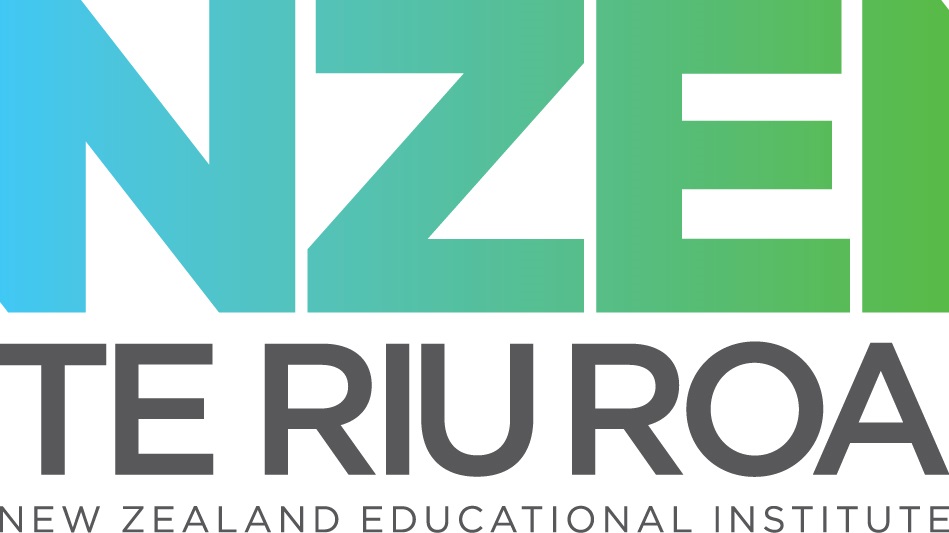
Schools have not been told which children they will receive the funding for – and are not required to report on how it is spent. The funding amounts to less than $2 a week per child. NZEI national secretary Paul Goulter said the targeting appeared to be an ideological experiment rather than an effective way of using taxpayer money to support learners with the most challenges.
“Treasury has also pointed to other risks of targeting in this way,” he said. “Two-thirds of children who fail to achieve a school qualification do not have the “high risk” factors, such as benefit dependency, on which the government’s targeted approach is based.
“It does not make sense to intensify resourcing to a small group of children identified through a narrow list of ‘high risk’ indicators if it is at the expense of many more children without those risk factors who also need learning support to succeed at school.” (1)
“The fact is that schools are under-funded and the education budget needs to increase if we are to see all children have an equal chance to succeed. Using targeting as a way to ration inadequate education funding is ‘robbing Peter to pay Paul’. It is not going to improve New Zealand’s education system.”
The much-delayed English draft curriculum is now out for consultation, generating discussion from teachers.
Research from AUT demonstrates arts, culture and recreation have positive impacts on all aspects of…
How effective has the school phone ban been in achieving its aims? Researchers from the…
School camps and excursions deliver hands on learning experiences, helping to consolidate classroom learning.
Innovations in AV technologies present new opportunities to engage with students. We look at how…
A new report from the University of Auckland’s Our Voices Project asks young people what…
This website uses cookies.